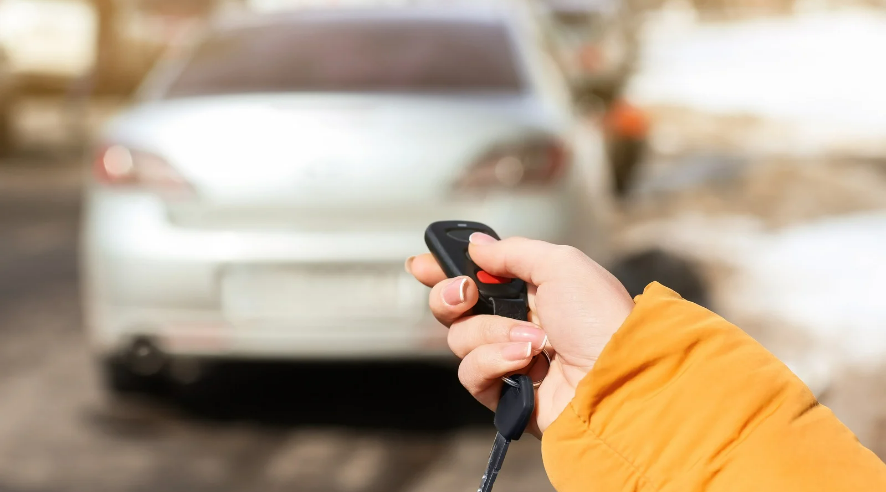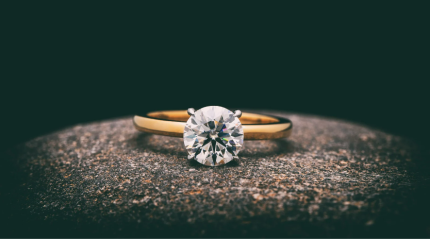Maximizing Your Budget: A Guide to Buying Used Cars
- 5 January 2022

Are you in the market for a new car but are looking to save some money? Buying a used car can be a great option to not only save money but also avoid the depreciation that new cars go through in the first few years. However, buying a used car can also be a tricky process if you're not prepared. Here are some tips to help you maximize your budget and get the most out of your used car purchase.
Determine Your Needs
Before you start your search for a used car, it's important to determine your needs. What type of driving will you be doing? How many passengers will you need to fit in the car? What features are important to you, such as air conditioning or a sunroof? Knowing your needs beforehand will help you narrow down your search and ensure that you find a car that meets your requirements.
Research
Once you have determined your needs, it's time to start researching. Look at online listings, car magazines, and newspapers to get a feel for what's available in your area. Pay attention to the make and model, as well as the year, condition, and price. Also, research the history of the car, such as its previous owners, accident history, and maintenance records.
Get a Car Inspection
Before you buy a used car, it's important to have it inspected by a professional mechanic. A mechanic can check the car's condition, identify any potential problems, and give you an estimate of what it would cost to fix them. This will give you an idea of the car's true value and help you make an informed decision.
Negotiate the Price
Once you have found a car that meets your needs, it's time to negotiate the price. Don't be afraid to haggle with the seller. Offer a lower price than the asking price and see if they're willing to meet you halfway. If the seller is unwilling to negotiate, consider negotiating on other terms, such as financing or extended warranties.
Finalize the Deal
Once you have reached an agreement with the seller, it's time to finalize the deal. Make sure you have all the necessary paperwork, including the title, registration, and proof of insurance. Check that everything is in order before you sign on the dotted line.
Advantages of Buying Used Cars
Before diving into the nitty-gritty of the buying process, let's start by looking at some of the benefits of owning a used car. First and foremost, the biggest advantage is cost. Used cars are significantly cheaper than new cars, and their depreciation rate is lower as well. You can also save on insurance and registration fees. Additionally, used cars often come with a proven track record of reliability, as many of the kinks and problems that can arise in a new vehicle have likely already been ironed out.
How to Choose the Right Car
When it comes to buying a used car, it's essential to choose the right one. The first step is to determine your budget, taking into consideration the cost of the vehicle, insurance, registration, and maintenance. Then, consider your needs - how many passengers will you be transporting, and what will you be using the car for? Do you need a spacious trunk for road trips, or a compact model for city driving?
Research
Once you have an idea of what you're looking for, it's time to do some research. Start by looking at the used car market, noting average prices and models. Check out car websites and magazines for reviews, ratings, and comparisons. Look into the reliability and safety ratings of the cars you're interested in, and be sure to read consumer reviews from drivers who have owned the same make and model.
Inspecting the Car
Once you've found a car you like, it's time to take a closer look. Before you buy, inspect the vehicle carefully, both inside and out. Take note of any visible signs of wear and tear, and look under the hood to check the condition of the engine and other mechanical parts. Make sure the car has all the necessary documents, including the registration certificate and insurance policy.
Test Drive
The final step before making a purchase is to take the car for a test drive. During the drive, pay attention to how the car handles, the condition of the suspension, and how it feels on the road. This is also a good opportunity to ask the seller any questions you may have about the car's history, maintenance, and performance.
By following these tips, you can maximize your budget and get the most out of your used car purchase. Remember, buying a used car can be a great option to save money, but it's important to be prepared and do your research. Happy shopping!




